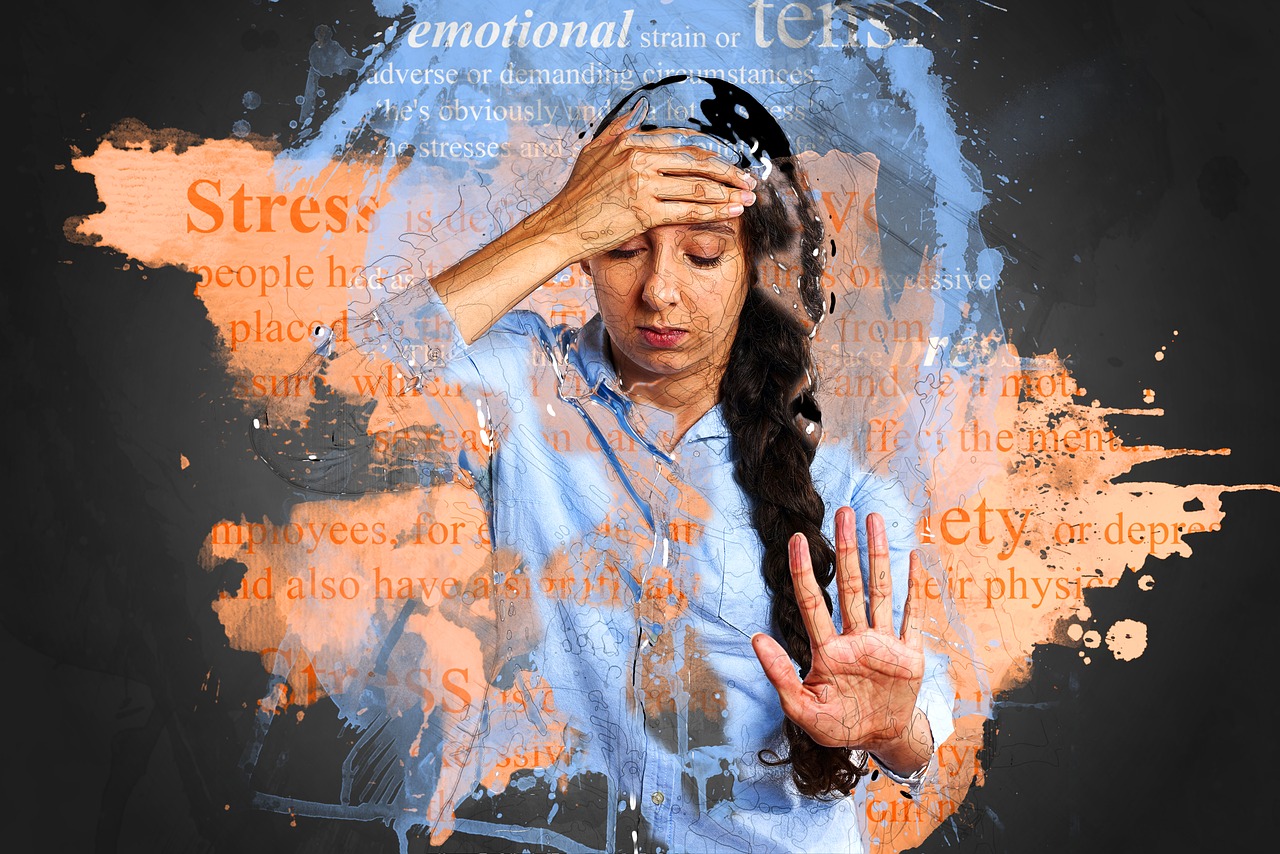What are some major signs to identify clinical depression and how to recover from it? Clinical depression or major depressive disorder is a psychiatric illness. It causes you to experience chronic sadness for more than two weeks. It is a serious mental disorder that is triggered by a chemical imbalance in your brain and requires prompt professional treatment. If you have been suffering from persistent sadness, and it is affecting your day-to-day routine, including your work life, and lack of interest in activities you normally enjoy. Then, it is an obvious sign that you have clinical depression. In this blog, we are going to help you identify five major signs of clinical depression so that you can get timely treatment and start healing. Let’s find out:
The First Major Sign to Identify Clinical Depression — Suicidal Thoughts
Clinical depression destroys your ability to think positively. As it tightens its grip over your mind, body, and soul, you experience recurring negative and irrational thoughts, including suicidal ideation. Since you start believing that things will never get better, you seriously consider ending your life. Also, you lose your ability to think logically. Many famous people, including celebrities, have ended their life due to depression.
The Second Important Indication Associated with Major Depression — Feelings of Worthlessness
Clinical depressive disorder damages your sense of self-worth. It eats gradually eats you inside out. Eventually, a time comes when you start believing that you are nothing but a worthless person, incapable of doing anything. As a result, you get trapped in a vicious cycle of self-loathing.
The Third Symptom of Depression – Loss of Energy and Withdrawal from All the Activities
Depression depletes your energy to such an extent that you begin to withdraw from all the activities that you once did without any problem. They involve the most basic tasks, like getting up from the bed, taking shower, brushing your teeth, and taking care of your health. During a spell of intense depression, sleeping for several hours becomes your favorite time pass. Because it is the best activity that shields you from the emotional pain depression inflicts upon you.
In addition, depression also shatters your self-confidence. And, that forces you to avoid attending social events, also making you vulnerable to losing your job or any other source of income that helps you maintain your lifestyle.
Moreover, if you are a student, and studying in a school or college, clinical depression could affect your ability to attend lectures and complete your course. It cripples you mentally and that affects your performance.
The Fourth Sign to Identify a Depressive Symptom — You Become Delusional
As you unconsciously develop the habit of overthinking, experiencing clinical depression makes you delusional. That said, you start making up stories in your mind that have nothing to do with reality. The worst part is that you believe them to be true. For example, when you go out shopping or complete your routine household chores, and you just come across a couple of people talking to each other and laughing, you will suspect that they are making fun of you. However, that may not be the case in reality. They could just be involved in casual chit-chat.
The Fifth Major Sign to Identify Clinical Depression — Impaired Decision-Making Ability
Major depressive disorder impairs your decision-making ability to a great extent. You remain undecided about certain key issues regarding your life. They could involve either switching your job or carrying on with the current one, shifting to a new place or staying where you are and even the smallest of matters. Most of the time, you remain in a state of confusion and lack the needed understanding to make a decision.
Now, you have come to know about some major signs to identify clinical depression, let’s discuss how to get treated and recover.
Seek Immediate Psychiatric Attention
As you are already aware that depression is a far more serious problem than experiencing sadness once in a while. The former can ruin your life if you do not act promptly to initiate the healing process. And, for that to happen, you have to consult a psychiatrist. They will assess the severity of your symptoms and prescribe antidepressant medication accordingly. Then, they may ask you to revisit them within a couple of weeks to reassess your state of depression. If you show any signs of improvement, you could be required to continue with the medication, and also seek psychotherapy.
A psychotherapist helps you analyze your negative thinking pattern. It is mostly erroneous and irrational due to depression. They may ask you to keep a journal with you and keep track of all your negative thoughts. Once you have them in one place, you will be required to challenge and change them with more positive thoughts. This exercise is also referred to as cognitive-behavioral therapy.
Exercise Regularly to Heal from Clinical or Major Depression
While visiting a psychiatrist is imperative, regular exercise can also help you recover quickly. Whether you opt to join a gym or start running, both could be highly effective. When you work out, your brain releases endorphins—a chemical that gives you feelings of happiness, and satisfaction.
Last but not least, keep yourself busy, hang out with your family and friends, or watch a movie to rejuvenate and lead a happier and healthier lifestyle. Next, learn how a young man successfully managed psychosis, anxiety, and paranoia.

